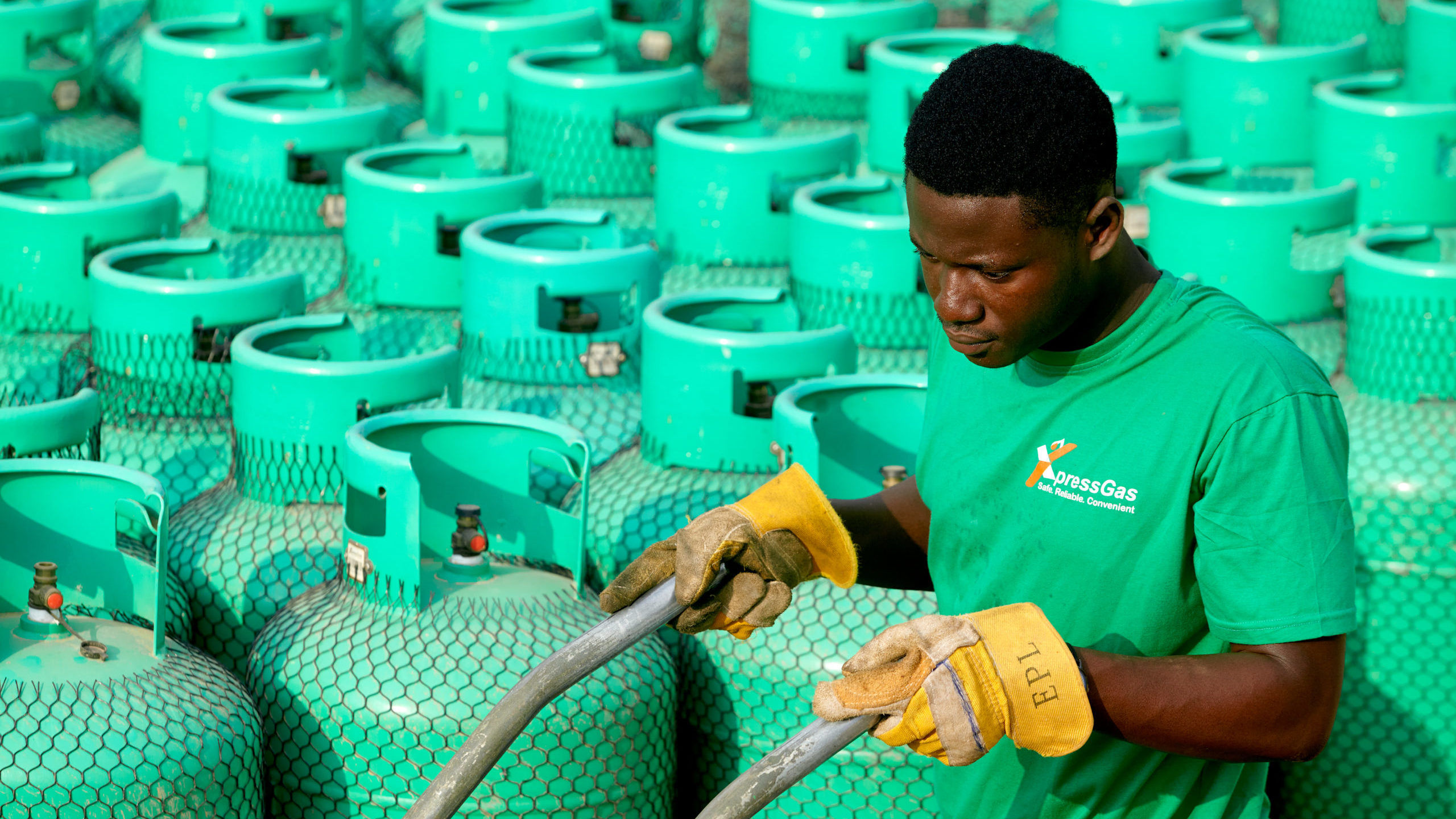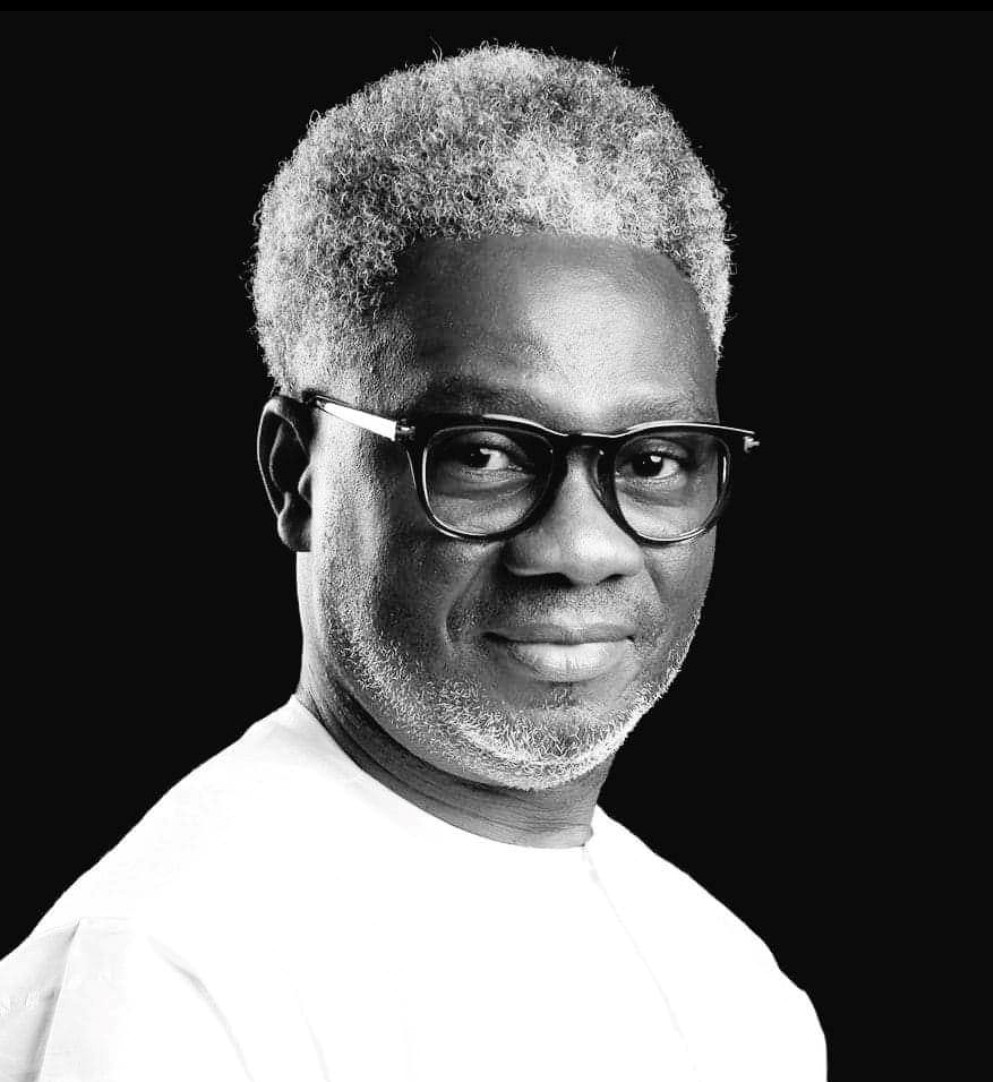Africa is mobilizing capital to boost access to clean cooking with series of new deals aimed at funding energy transition projects across the continent.
The African Guarantee Fund (AGF) and the Clean Cooking Alliance (CCA) recently announced a partnership that promotes investments in clean cooking companies and programmes.
The two organizations, according to a statement (https://apo-opa.info/43HqviO), will focus on markets in East, Southern, and West Africa, where they see a significant need and opportunity to expand investments in green projects through clean cooking.
“The partnership will enable carbon project developers to access pre-financing, thus helping to speed up both customers’ access to clean cooking,” says Feisal Hussain, Senior Director of Innovative Finance at the Clean Cooking Alliance (CCA).
The CCA, a non-profit organisation, operates with the support of the United Nations Foundation to promote clean cooking technologies in lower and middle income countries. Feisal Hussain says the CCA will use its network across the cooking and carbon markets in its partnership with the AGF in Africa. “We aim to lower the entry barrier for smaller clean cooking companies, helping to build carbon markets that are accessible to many.”
Partnerships for clean cooking tackle future risks
The International Energy Agency (IEA) estimates that 970 million Africans lack access to clean means of cooking. And recent spikes in the price of cooking gas have forced millions back into more polluting but cheaper alternatives.
According to the United Nations Framework Convention on Climate Change (UNFCCC), if nothing is done to provide cleaner cooking alternatives, 1.67 billion Africans will rely on wood and charcoal for cooking by 2050.
That has serious impact on climate, on the conservation of African forests, and especially on health. According to 2022 data from the World Health Organization (WHO), 3.2 million people already die prematurely every year from illnesses attributable to household air pollution. No thanks to the incomplete combustion of solid fuels and kerosene used for cooking. But partnerships such as that between AGF and CCA can help to stem the dangerous tide.
“Our partnership with the Clean Cooking Alliance targets financial institutions to enable them grow their clean energy portfolios by developing innovative financial solutions that promote clean cooking and use of clean fuels,” AGF Group CEO, Mr. Jules Ngankam said.
The partnership will enable carbon project developers to access pre-financing, thus helping to speed up both customers’ access to clean cooking
AGF’s Green Guarantee Facility and Technical Assistance, according to Jules Ngankam, will address capacity-building gaps and risks that surround lending to green SMEs across Africa.
“It will also prepare these SMEs to become credit and investment-ready to allow them fully play their role of promoting sustainability and growing Africa’s green economy.”
More partnerships for improved access to clean cooking
Earlier this month in Vienna, the OPEC Fund for International Development (the OPEC Fund) and the United Nations Industrial Development Organization (UNIDO) deepened their partnership in advance clean energy transition (https://apo-opa.info/41DNPft) in Africa. They signed a US$1.5 million technical assistance grant agreement in support of the National Clean Cooking Transition Program in Madagascar.
The OPEC Fund grant will finance detailed studies and pilot projects as part of the Madagascar clean cooking transition programme. OPEC Fund is funding the programme with a US$35 million loan. UNIDO and project partners will also develop a framework to track development results.
“We are very pleased to expand our cooperation with UNIDO and to support our flagship clean cooking program in Madagascar with UNIDO’s vast technical and advisory expertise, which is critical for an effective implementation,” OPEC Fund Director-General Dr. Abdulhamid Alkhalifa said.
UNIDO is working with the OPEC Fund to expand the use of clean fuels and technologies to improve health and living conditions of communities in Madagascar, Director-General of UNIDO Gerd Müller said. “This partnership will make a difference as we plan to roll-out clean cooking solutions to 500,000 households in five cities across the country.”
Madagascar is not alone
In Nigeria, a new Joint Venture agreement aims to invest in a range of carbon avoidance and removals projects as part of efforts to support the energy transition plan in Africa’s most populous country.
The Nigeria Sovereign Investment Authority and Vitol, a global energy and commodities company, completed the Carbon Vista JV (https://apo-opa.info/41GnDRC). Both parties have set aside an initial $50 million to the new venture.
The JV’s first investment will go into a household energy efficiency programme. The programme, for a start, will deploy up to 200,000 devices each for clean cooking and water filtration.
“For countries like ours rich in fossil fuel, we also find ourselves in a situation where we are energy poor,” notes Vice President Yemi Osinbajo. The Nigerian Vice President says the energy transition remains tough for gas-rich and fossil fuel-rich countries.
That said, Yemi Osinbajo believes clean energy holds a lot of promise for the continent. “I believe Africa can become the first truly green civilisation to use renewable fuel for purposes of a transformative economic journey.”



















